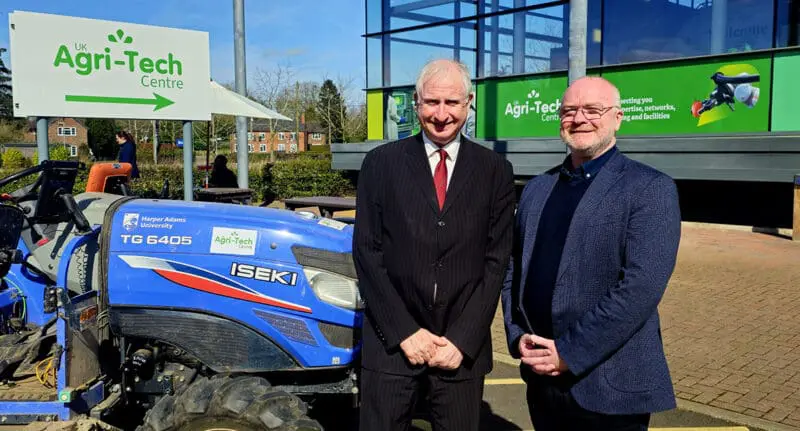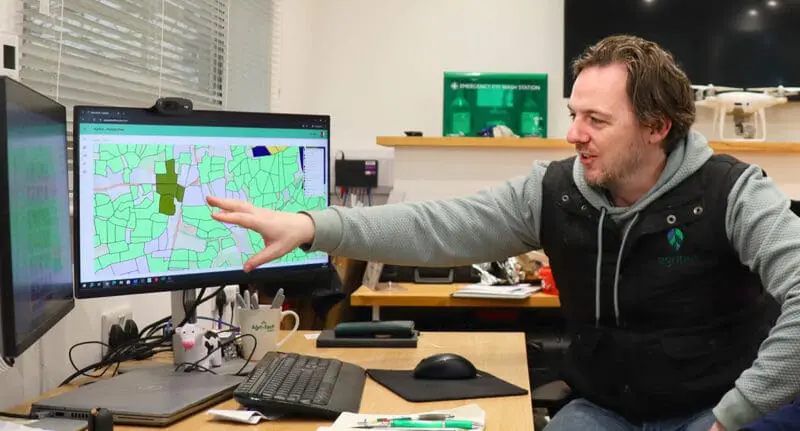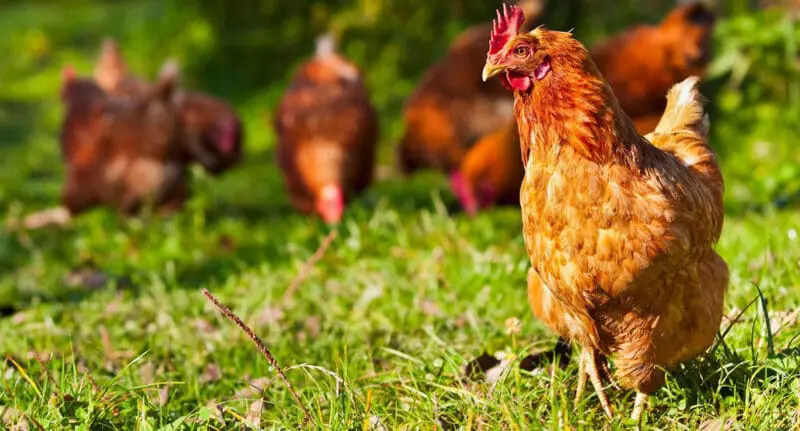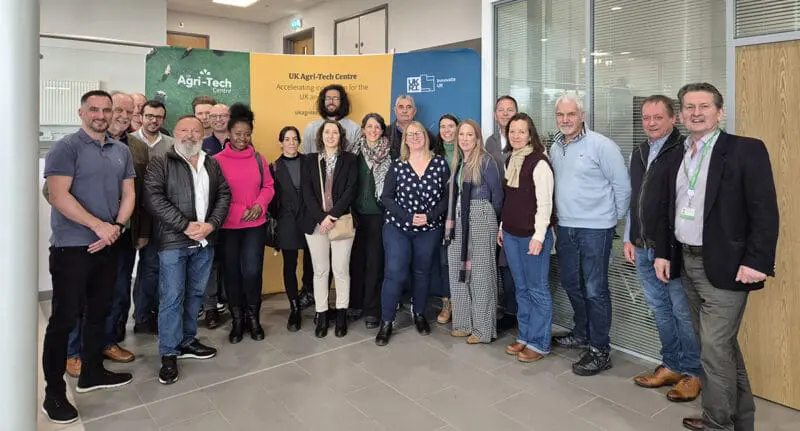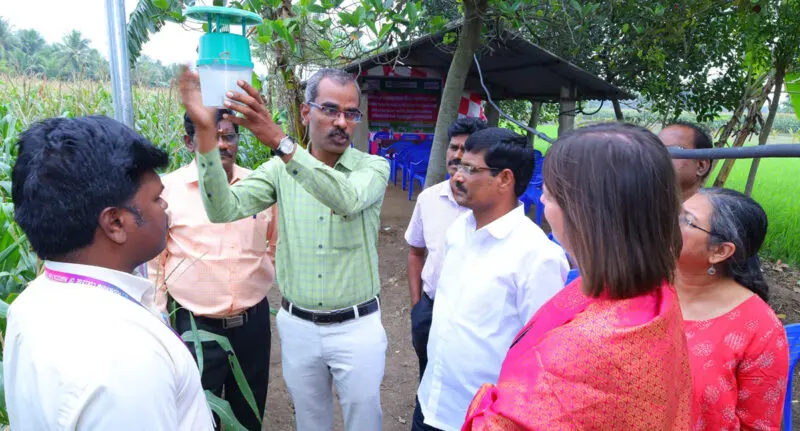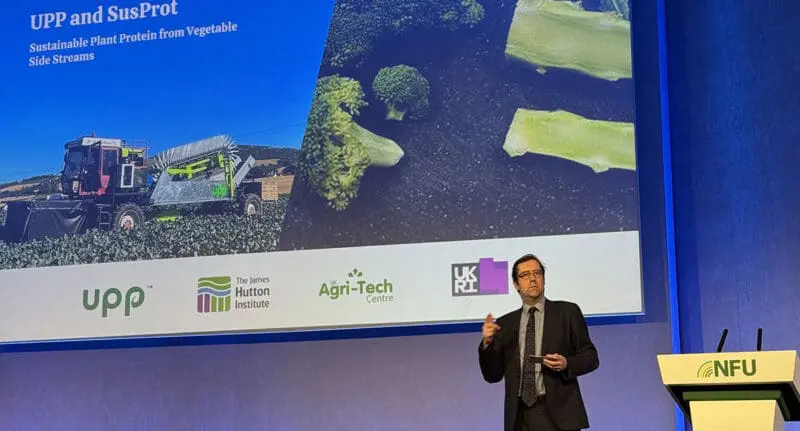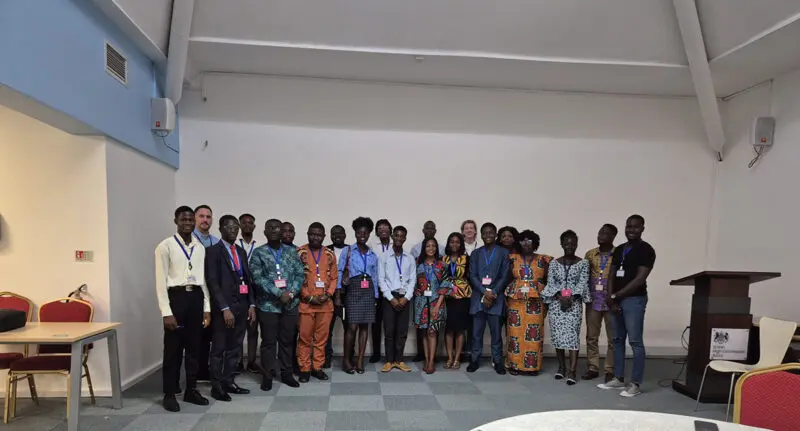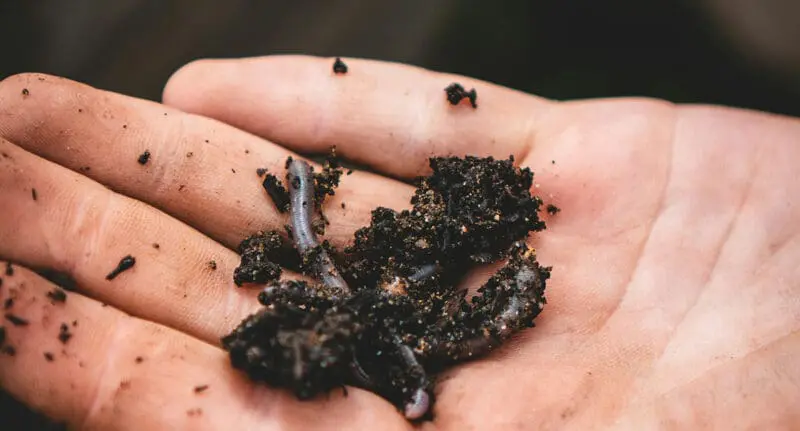A project is underway to explore how kelp extracts can enhance nutrient management in agriculture, backed by Innovate UK funding and a coalition of industry experts. The project, titled ‘Assessing Sugar Kelp Extracts as a Nutrient Management Tool’ (SKE-NMT), is spearheaded by Algapelago Marine Ltd in collaboration with The James Hutton Institute, Atlantic Mariculture Ltd and the UK Agri-Tech Centre. In its early phases, this research seeks to investigate how biologically driven nutrient management strategies can improve soil health and crop performance. By leveraging the natural properties of seaweed biostimulants and reducing reliance on mineral fertilisers, the project aims to foster plant resilience while optimising soil microbial and fungal ecosystems. Seaweed supplements contain a uniquely rich blend of fibres, micronutrients and bioactive compounds that stimulate beneficial soil microbiota. This, in turn, triggers a chain reaction of biological processes that benefit productivity, resistance to abiotic stress and resistance to pathogens. This innovative approach is applicable across a broad range of crop types, including broadacre, horticulture and top fruit. Seaweed biostimulants present a viable solution to both biotic and abiotic challenges, facilitating the transition toward more sustainable and resilient farming practices. The research will also lay the groundwork for larger-scale field trials, further investigating the impact of kelp-derived biostimulants on Nutrient Use Efficiency (NUE). How does it work? Rhizosphere microbiota is a collection of microorganisms that live in the soil and around plant roots and plays an essential role in the degradation of organic matter, nutrient retention and recycling. Previous studies suggest that applying seaweed extracts can significantly enhance microbial diversity and improve crop yield and quality. The SKE-NMT project builds upon prior research, including an Innovate UK-supported initiative on low-energy kelp extraction for soil and livestock applications. This project is examining the potential of biostimulants and livestock feed additives—derived from sugar kelp through an innovative low-energy extraction process—to improve soil conditions and enhance feed efficiency. The seaweed extracts are novel due to two key factors: firstly, cultivated sugar kelp (a type of brown alga native to UK coastal waters), is a relatively new species in the seaweed extract sector and boasts a distinct biochemical composition; secondly, these extracts are produced using a novel low-energy fermentation and extraction process. Cultivated kelp provides a sustainable and scalable alternative to wild-harvested marine biomass. However, the potential of novel cultivated seaweed biomass, especially in applications like biostimulants, remains under-explored. This project seeks to establish an innovative supply chain where cultivated seaweed biomass plays a crucial role in the transition to global sustainable agricultural practices. The new SKE-NMT project will quantify the ability of these low-energy seaweed extracts to improve nutrient use efficiency in stringently designed crop trials. These trials will explore yield responses under reduced nitrate and phosphate conditions and correlate improved uptake of nitrogen and phosphorus under fertiliser limitation with impacts on microbial diversity and community structure.The project will merge the development of new technologies (novel seaweed extracts) with further means to improve nutrient use efficiency in arable and horticultural systems. Broader impacts Traditional nutrient management practices often rely on heavy mineral fertiliser inputs, which can lead to environmental degradation and high costs. Integrating seaweed-derived supplements could improve NUE, reducing carbon emissions while simultaneously enriching soil fertility. With UK farmers under increasing pressure to maintain productivity while mitigating nutrient leaching and reducing fertiliser dependency, this project aims to validate the role of cultivated kelp extracts in improving NUE. Luke Ansell, Head of Operations at Algapelago Marine Ltd, said: “We’re thrilled to have secured funding for a second Innovate UK project focused on the development of kelp biostimulants. The project aims to address data gaps and build the evidence case for the role of cultivated seaweed extracts in modern crop production. The SKE-NMT will test the hypothesis that sugar kelp extracts can improve plant nutrient use efficiency here in the UK.” Dr Adrian Macleod, Innovation Manager at Atlantic Mariculture Ltd, added: “We are delighted to have been provided this opportunity by Innovate UK. Seaweed aquaculture is a game-changer for sustainable food systems, and I’m passionate about unlocking its full potential. Cultivated seaweed biomass offers a scalable, sustainable solution that not only supports marine ecosystems but could also play a vital role in sustainable agriculture. This project is an exciting step forward in demonstrating how seaweed biostimulants can enhance soil health, improve nutrient efficiency and reduce reliance on conventional fertilisers. By developing an innovative supply chain, we are laying the groundwork for a future where cultivated seaweed is a cornerstone of both aquaculture and agriculture.” Gordon McDougall, Research Leader at the James Hutton Institute, said: “We are delighted to bring our expertise in seaweed biochemistry, biostimulants and crop trials to this important research project. Understanding how these novel low-energy seaweed extracts can reduce inputs of nitrogen and phosphate fertilisers, maintain or improve crop yield whilst altering the soil microbiota could provide new approaches for greener agriculture.” And Martin Sutcliffe, Innovation Lead for Aquaculture at the UK Agri-Tech Centre, commented: “The UK seaweed farming sector has great potential to meet the needs of other sectors such as arable farming. Projects like this can provide real-world use cases for seaweed farmers, enabling sustainable growth of seaweed farming in the UK which, in turn, can provide well-paid, long-term jobs in our coastal communities, helping to shift away from the current boom-and-bust cycle of seasonal employment. I’m really excited to see the results of this work and how, together with similar projects the UK Agri-Tech Centre is working on, we can move towards a more resilient, sustainable food system in the UK.” This initiative underscores the growing importance of seaweed-derived biostimulants in sustainable agriculture, positioning cultivated kelp as a valuable resource for improving soil health, nutrient efficiency and overall farm productivity. If you would like to learn more about the SKE-NMT project, please get in touch via info@ukagritechcentre.com.


